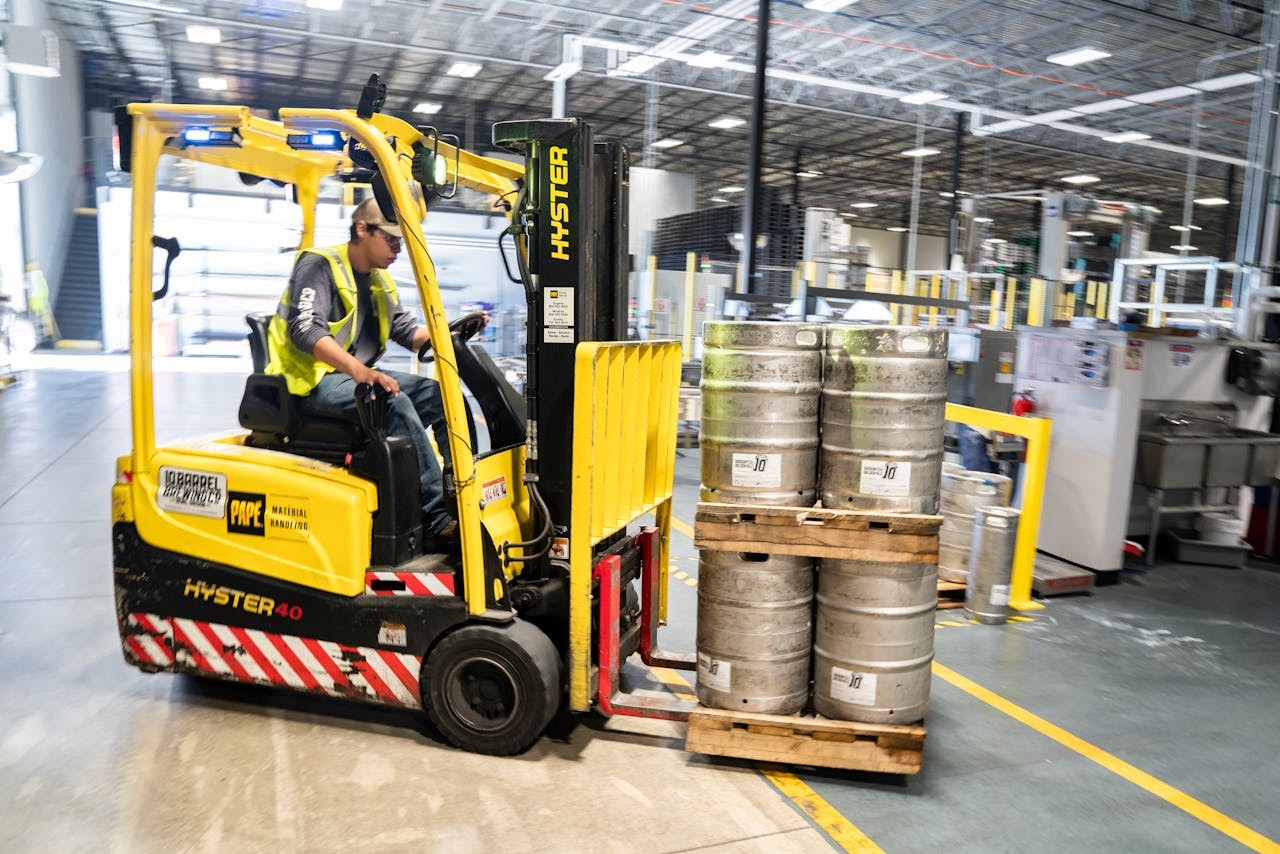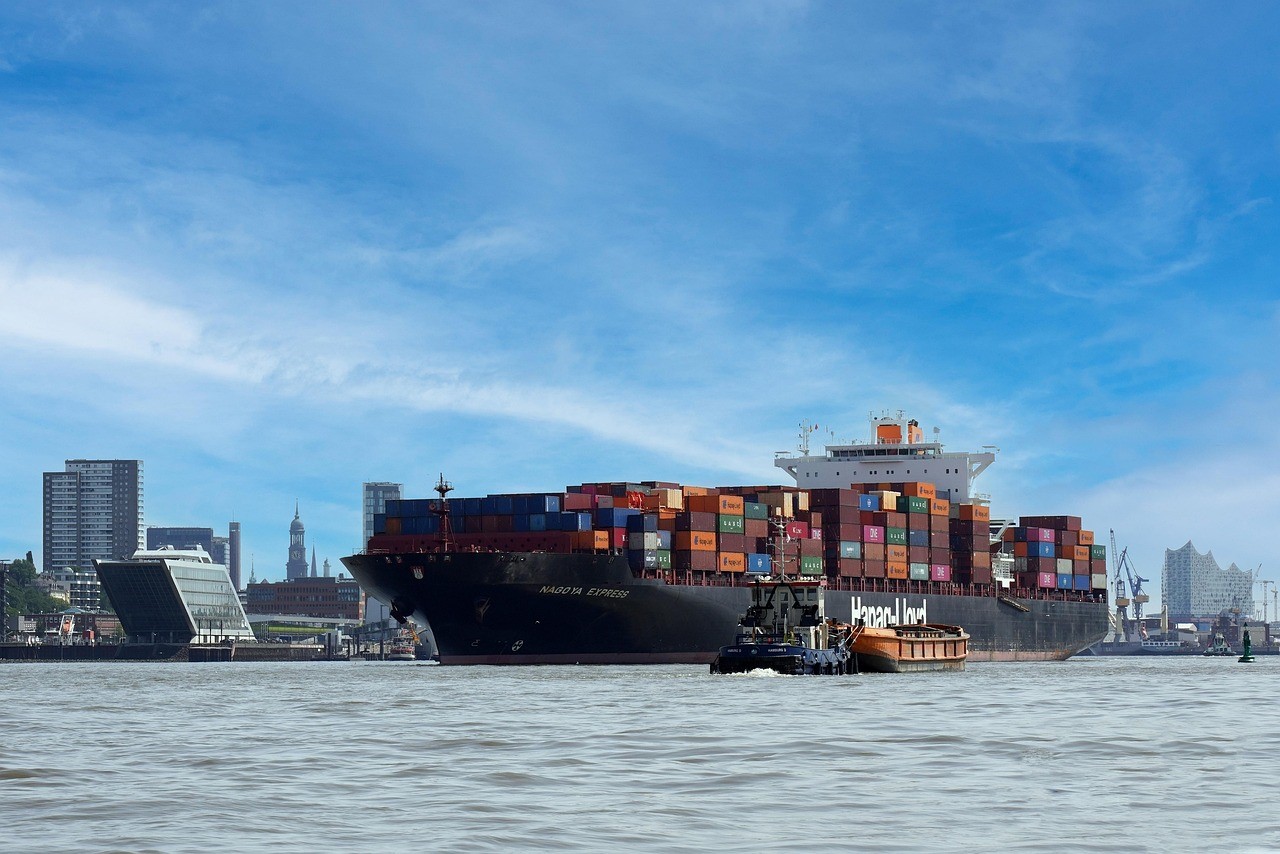
I feel. I’m going now with my gut feeling, without measured data.
When experts in sustainability and corporate responsibility list their most interesting duties, I believe the metrics aren’t at the top of that list. What do you think – would you say this was a fair assessment?
Maybe I should offer some research to support my statement. According to a study by FIBS (Muutoksentekijät – Yritysvastuun ammattilaiset Suomessa 2/2020), 21% of experts in sustainability and corporate responsibility found the differentiation of sustainability and business operations one of the challenges in their work. In the open-format answers, the respondents described the practical side of everyday challenges; how to highlight responsibility alongside financial indicators, how to prevent businesses from cutting back their sustainability resources, and how to justify the added value?
Because of these viewpoints, I want to write about the importance of measuring sustainability and corporate responsibility. About a topic that is too often ignored and cast aside. About reasons why we should invest in sustainability measurement. Despite the fact that experts in sustainability and corporate responsibility are incredibly busy as it is, and that there are not enough financial and HR resources.
Precisely because there are not enough resources.
The more strategic issues, the more important the metrics are
What does measuring sustainability actually mean?
It means determining the KPIs indicating the sustainability and responsibility of the business operations. Collecting and analysing data in order to use the resulting information in decision-making processes.
It is clear that monitoring the development and growth of the business operations is based on metrics. Similarly, the development of sustainability and responsibility should also be heavily based on metrics. I would even go as far as to say that sustainability and responsibility can only be managed fruitfully if they are appropriately measured. Metrics enable management to make strategic and operative decisions related to sustainability based on facts instead of assumptions.
The more strategic purpose the sustainability and the development of sustainability related business opportunities in the company has, the more important the role played by metrics and the systematic collection of sustainability and responsibility data is.
Measuring sustainability in continuous development
For a long time, various financial key performance indicators have been used to assess the success of businesses and the development of operations. The history of measuring sustainability and responsibility objectives and strategies is not nearly as long. The development of sustainability and corporate responsibility has often been described verbally, by means of describing the action taken, instead of numerical data.
Fortunately, businesses keep developing the practices of measuring sustainability of their business operations. We are learning new and improved means of finding the relevance in the diverse field of sustainability in terms of business growth, risk management and the minimisation of negative impact of the business. This also requires hard work in order to find the relevant key sustainability metrics for the business.
Metrics at the core of all operations
Metrics are needed in various stages of strategic planning and when monitoring the implementation and the results. I believe the perspective of sustainability and responsibility should be thoroughly represented in all these stages. Sustainability aspects need to be represented where the decisions are being made on the key performance indicators that guide the implementation of the strategy and the resourcing of work in order to meet the strategic goals.
The decisions are also reflected when deciding the resourcing of sustainability development.
The measuring sustainability plays a key role in:
- Assessing the current state of the company’s business operations, sustainability and corporate responsibility;
- Determining strategic goals and the related most critical indicators;
- Determining the indicators supporting the assessment of strategy realisation;
- Making strategic and operative decisions;
- Creating remuneration systems for the management and the personnel; and
- Annual reporting and stakeholder communications
I purposefully excluded metrics related to the creation of a sustainability strategy and programme from the list. I wanted to highlight factors that help genuinely integrate sustainability and responsibility into the core business and processes of the company. I would be glad to hear of other methods for using sustainability metrics in incorporating sustainability to the hard core of business operations.
Strategic choices cannot be made based on a gut feeling. Your gut will not help you to set priorities, determine the importance of operations or allocate resources. Even the current state and achievements towards the goals cannot be assessed without data.
Measuring sustainability provides decision-makers with hard facts. Facts that can be used to develop key performance indicators (KPIs) alongside the company’s financial key figures.
As equal key performance indicators.


































